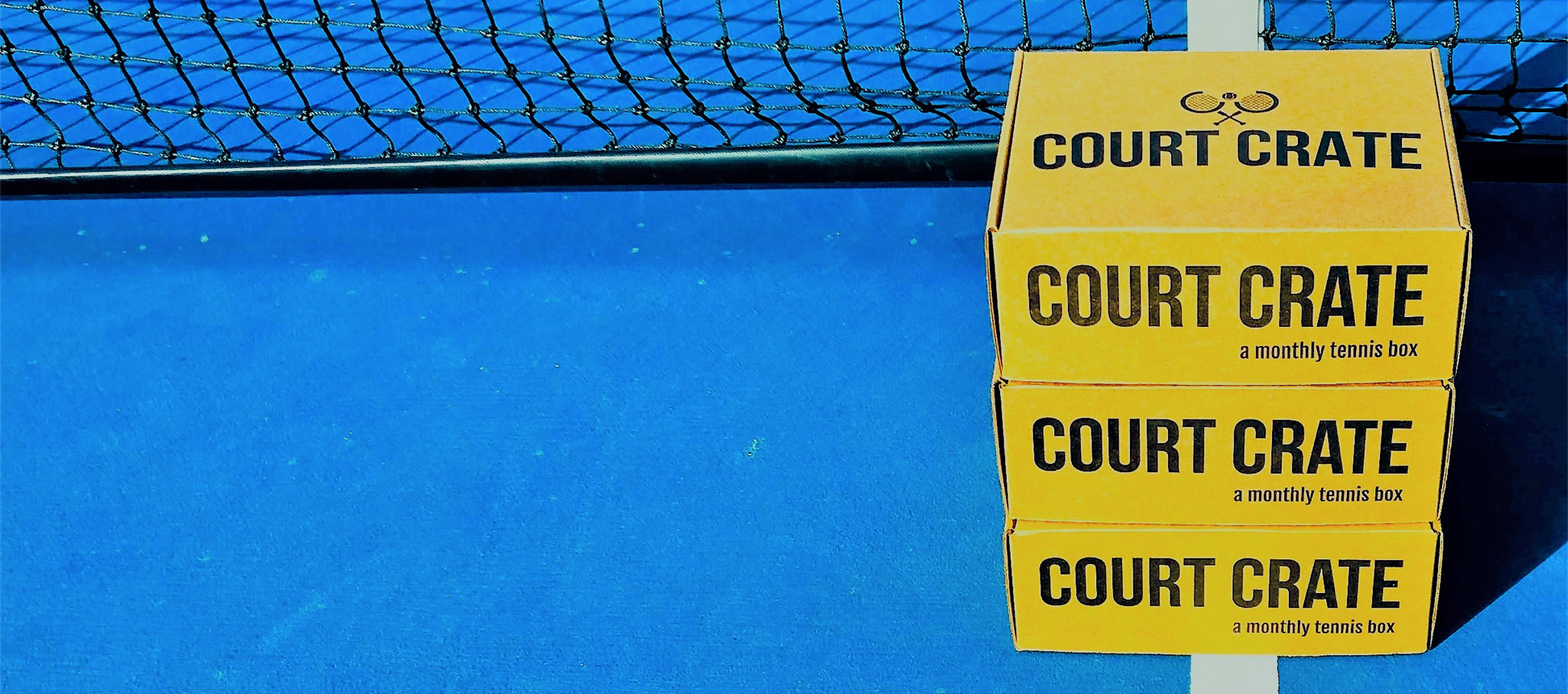
HANDLING CHEATING IN TENNIS
December 4, 2019 4:25 pmHas cheating in tennis reached an all-time high? There’s so much conversation about it. I certainly understand that cheating can be a difficult thing to deal with when you are on the other side of the net.
Many of my students frequently want to talk about how they lost their match because the opponent cheated them. I often get questions like “why doesn’t the USTA do more to help eliminate it?” My response to them is always the same – “you probably didn’t lose the entire match because of that one or two questionable line calls”.
Tennis is very much a gentleman sport. Each player is expected to possess the character needed in keeping score and making lines calls. And if you feel that you have been wronged in a line call, it is simply best practice to let it go and forget. One of the best advices that I received as a young player, and one that I still repeat to kids today, is that in tennis it is best to have a terrible short term memory. You don’t gain anything when you think about or dwell on a bad line call, so just simply forget about it and move on!
WHY DOES CHEATING HAPPEN?
Cheating happens because the opponent might lack the certain character needed to play fair, coupled with his or her intense desire to win. Plain and simple. What’s not so plain and simple is the pressure kids (or adults!) feel to win. Sure, we all have a desire to win, but with some – it runs deeper. Some people simply lack the capability to deal with certain adverse factors under pressure, and therefore are willing to make those questionable calls.
Any unpopular thought of mine about cheating is that sometimes your opponent is calling it the way they see it. Maybe it’s a close call and they call it out. Your vantage point on the other side of the net is not great so it may have been out or it may have been in. However, if there are several questionable calls, it starts to eat away at you. Every call feeds the next and they all seem wrong. So maybe, just maybe, they did not cheat you in the first place. This is something to always be conscious of.
HOW DOES CHEATING IMPACT YOUR GAME?
When you feel that an opponent has wronged you, it can be easy to lose your focus and allow your game to starting downhill. You are so caught up in your head thinking about how your opponent is cheating you, or out to get you, that the rage and anger builds up and you are no longer able to play your normal game. All you can think about is how you cannot believe the line calls from your opponent. You get all flustered and cannot handle it. How could someone cheat you out of winning this match? And now if you are in your head, you are not playing the match. You are not playing your game.
WHERE DO YOU HAVE CONTROL?
Here are your options:
You can continue to think about the fact that your opponent is cheating.
OR
You can let it go and keep playing.
What’s your choice? I hope the latter. Even though it’s easier said than done, when you learn to let go of cheating or even anything having to do with your opponent, you have control of your ability to play and are able to stay in the match.
Also, you don’t have control of your opponent. If they are going to cheat, they are going to cheat. Nothing you do or say will change that. This doesn’t mean that you shouldn’t challenge a call but what it does mean is, don’t let your opponent’s calls get in the way of your game.
PLAYING YOUR OWN GAME – LET GO OF THE FRUSTRATION
As I said above, when you let go of cheating (your opponent, the score, the error, the double fault), reset and remain present this is when you have control and are able to play your game so that your ability to enjoy the match and to potentially win exponentially goes up.
What is one tool you can use to do that? A mantra. A mantra is a 1-3-word phrase that you come up with that resets your brain away from thinking about being cheated. Some of my clients use get the next one or I’ve got this. Many simply use, reset.
You have to train yourself that when an opponent cheats; you use your mantra to change the direction of what usually happens. If you get mad, the mantra is designed to move you away from being mad. If you ruminate about it, the mantra is designed to help you get out of your head and focus on your game, not theirs.
HANGING ON OR LETTING GO
It’s too bad that opponents cheat and it totally sucks when it happens. You don’t have control over the calls your opponent is making. You can either hang onto them and let them control your game, or learn to let go of them so you can play your best. It’s up to you!
So many of my clients talk about losing a match because their opponent was cheating. That may be true or it may be true that they allowed their opponent’s behavior to take them down. They gave away their control and ability to play their best tennis.
You got this! Keep the focus! Play your game!



Comments are closed here.